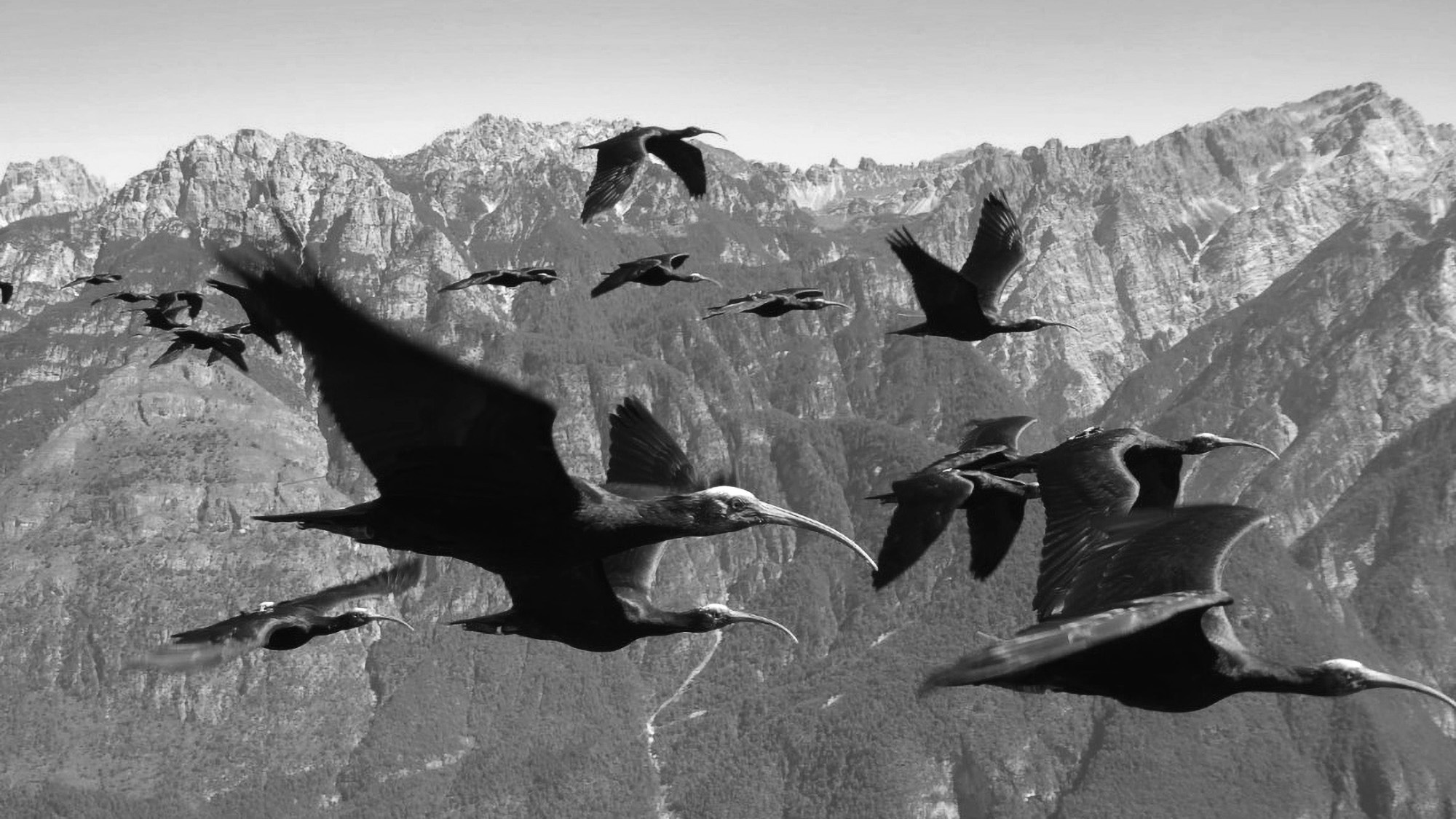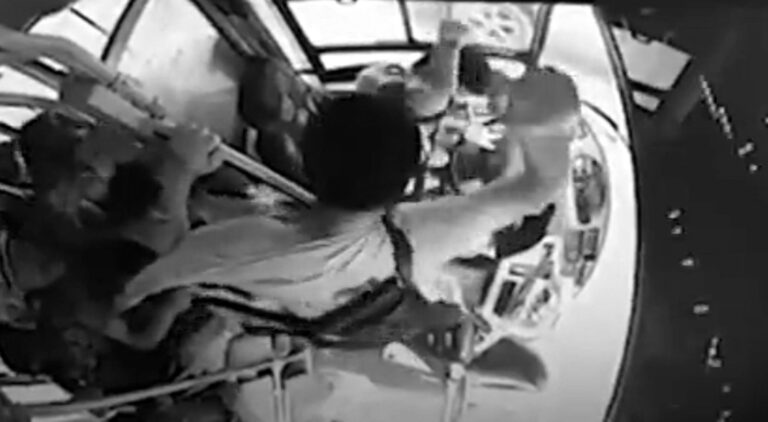Conservationists fear Italian hunters have been heading out in record numbers to shoot migrating birds because of the coronavirus restrictions that force them to social distance, which has had a devastating effect on migratory birds that fly over the country from the rest of Europe every year.
In an exclusive interview with Real Press, the head of a pioneering project that involves leading rare Northern Bald Ibis birds over Italy in a microlight aircraft to show them the way to a winter feeding ground said this year has been a disaster in the number of birds that they had lost over Italy.
The birds had been extinct in Europe since the 17th century but were reintroduced as part of a project called ‘Reason for Hope’ lead by Dr Johannes Fritz who founded the NGO Waldrappteam in 2002 which is reintroducing the Northern Bald Ibis (Geronticus eremita).
He said: “This year we have lost seven birds, we are still waiting for the full autopsy is but it’s fairly certain that it was to hunters.
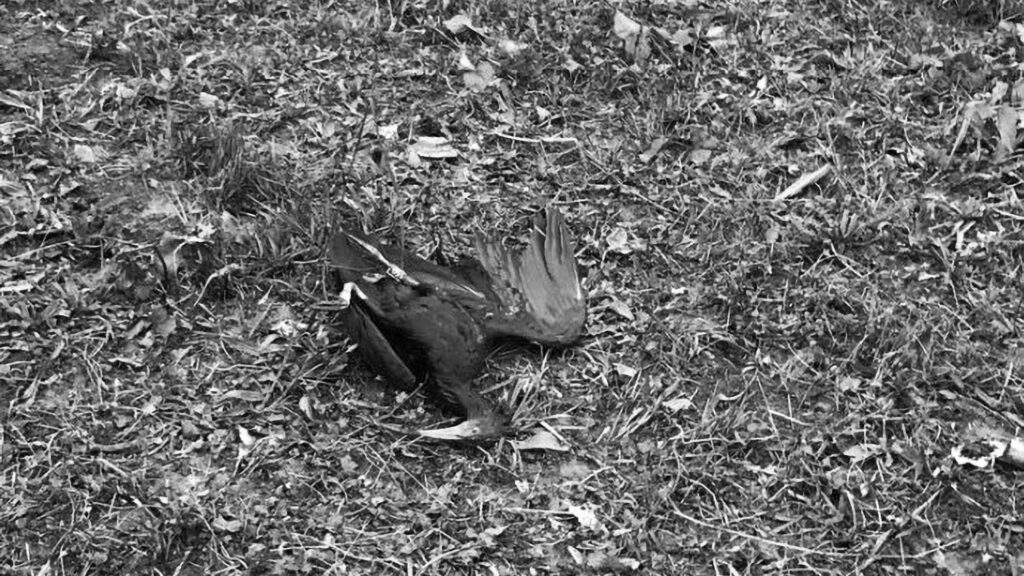
“We suspect that Italians, confined to their homes and looking for recreational activities that will not put them in contact with other people, have been going shooting instead. It is normal to want to head into the countryside hiking or walking, but in Italy, it seems going hunting is another popular way to get out for some fresh air.”
Previously he said they had lost a few birds but they have never before lost seven in one year, which is a devastating number for a small population of just over a hundred birds still struggling to become established.
The Northern Bald Ibis became extinct in Central Europe about 400 years ago due to “human persecution” which was made worse by the devastation of the Thirty Years’ War (1618-1648) and the Little Ice Age when much of Europe experienced severe cooling. Although not a true ice age, it nevertheless significantly affected many plant and animal species.
The ‘Reason for Hope’ project which is funded by the EU’s Life+ now aims to bring the species back into Central Europe. It started off with a small group of over a dozen Northern Bald Ibis that were imprinted by members of the organisation into believing that human beings were their parents.
The relationship was then nurtured with humans feeding the young birds, and once they reached adulthood, they could then be persuaded to follow a microlight containing their human ‘parent’ to their winter feeding grounds across the Alps and Italy.
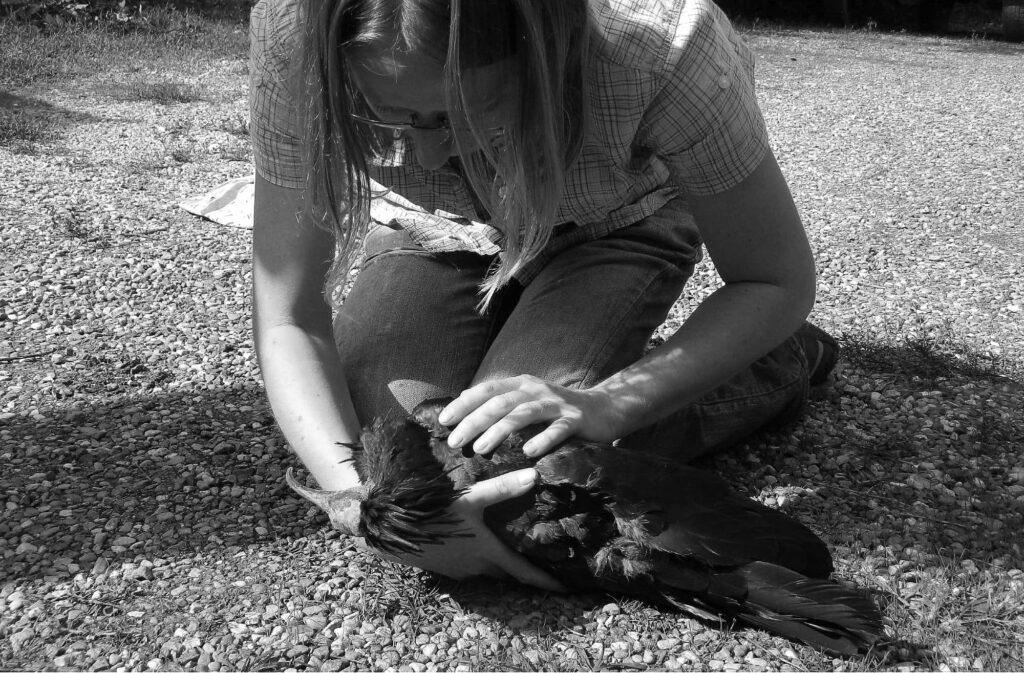
The birds were fitted with bio-trackers which transmit their location so the team can ensure the migrations are occurring as planned and can also collect their bodies in case they die in the long journey.
The project now has more than 150 birds and has established breeding colonies in Germany and Austria recently celebrating a “milestone” for the creation of a fourth in the Italian town of Orbetello in southern Tuscany when five juvenile birds led by an experienced female named ‘Charlie’ arrived to spend the winter, according to an official statement on 5th November.
The project has factored in setbacks involving losing some specimens during their journey from electric powerlines, predators, injury or illness and illegal hunting, particularly in Italy.
According to a BirdLife International report that included data gathered between 2014-2015, around 5.6 million birds are illegally killed or captured in a year for sport or tradition, making the country “estimated to be the worst of the EU’s Mediterranean member states in terms of illegal killing”, according to the same report.
Project manager Dr Fritz said: “In recent years we have been able to more than half the losses from illegal hunting in Italy, which was a great success. But this year the situation has changed again. We have seven suspected illegal killings, which is shocking and alarming.”
They decided to speak out after a Northern Bald Ibis named Afra died after flying over the port city of La Spezia located in the northwestern Italian region of Liguria.
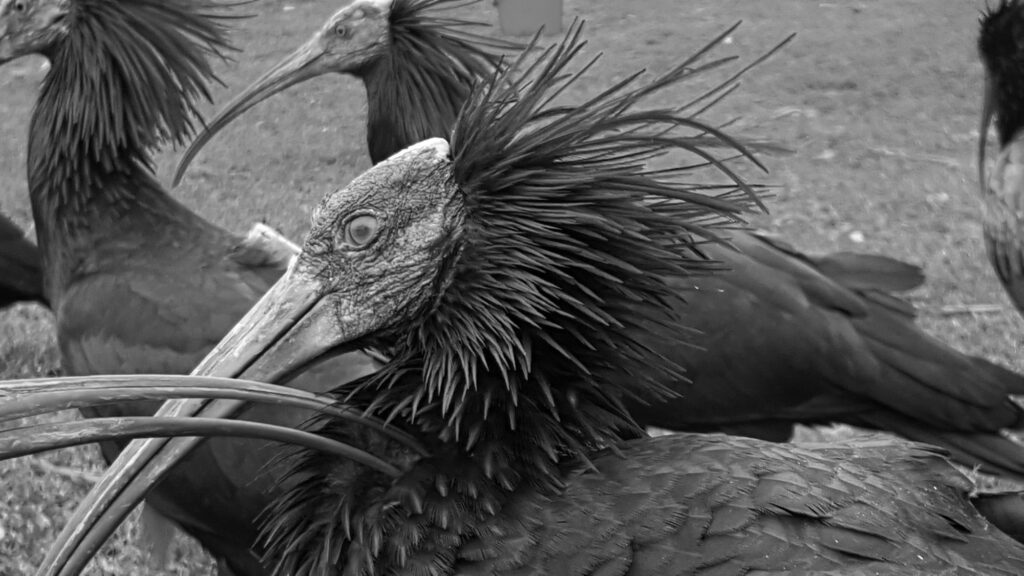
Her tracker showed her flying over the coastal city shortly before her solar transmitter announced her death on 9th November.
Authorities collected her body the following day. According to the press release: “The public prosecutor’s office has now been informed and the investigations are ongoing.”
There have been no official reports confirming that a hunter did in fact kill the bird, however, an autopsy report showed traces of pellets in the bird’s system after an examination on 16th November.
After that, the organisation revealed that they now strongly suspect the increased levels of illegal shooting in Italy are a side effect of the COVID pandemic.
If a person is found illegally shooting or causing harm to a Northern Bald Ibis, they could receive a heavy fine and in the case of Afra, it might be in the region of EUR 15,000 (GBP 13,416).
The Northern Bald Ibis is listed as endangered by the International Union for Conservation of Nature Red List of Threatened Species.
They were listed as critically endangered but were bumped up in 2018 thanks to the efforts of international reintroduction programs and their natural growth in Morocco from where some of the birds were found for the reintroduction programme in Europe.
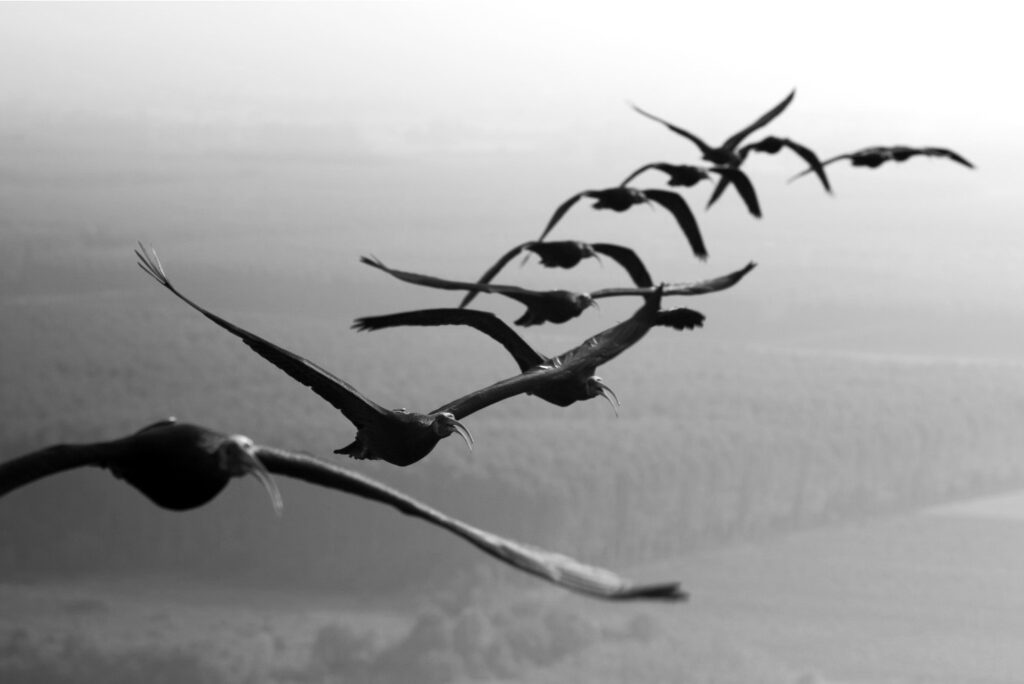
To find out more about the author, editor or agency that supplied this story – please click below.
Story By: Juan Mayes, Sub-Editor: Marija Stojkoska, Agency: Real Press
The Ananova page is created by and dedicated to professional, independent freelance journalists. It is a place for us to showcase our work. When our news is sold to our media partners, we will include the link here.

